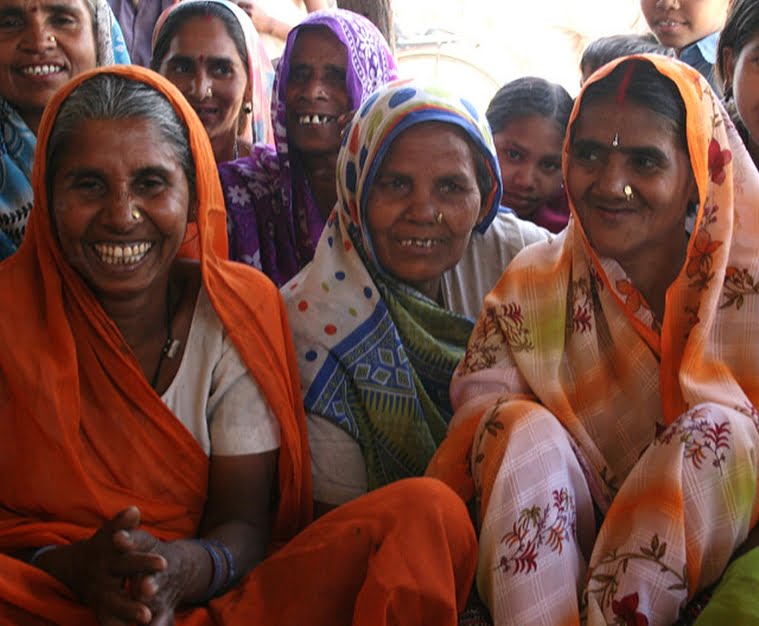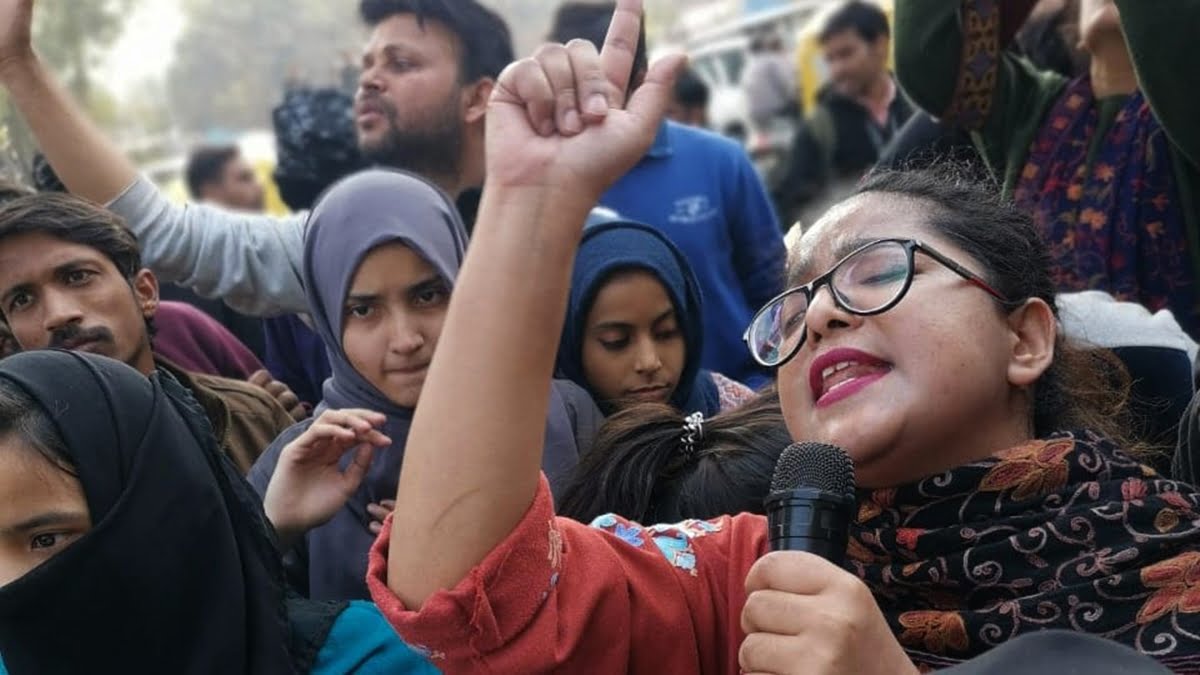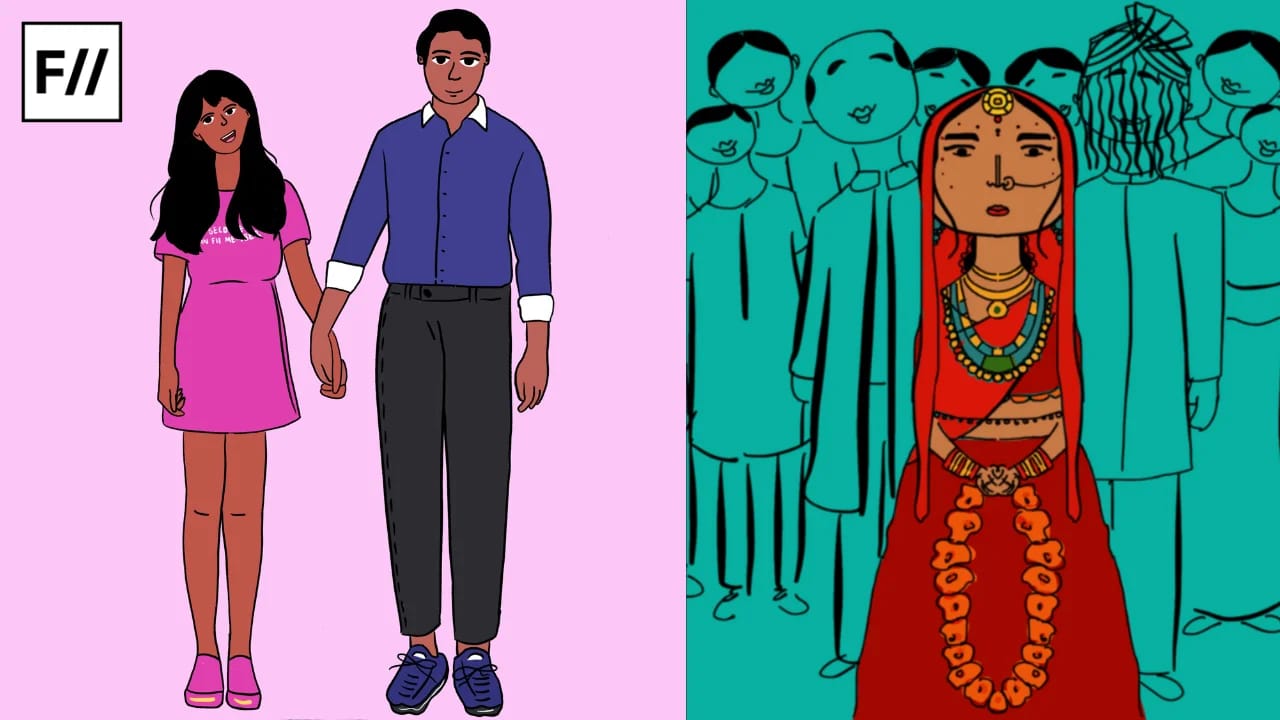‘Tune suna wo pregnant hai?’
Hanging in my balcony, sipping my evening tea, performing this simple act of freedom in the company of the monsoon breeze and a book, the process gets intercepted as I overheard this remark someone in the diagonal neighborhood made on a call, about Safoora Zargar. I believe I stared a little too hard at him as my reflex response, before shifting away my gaze from the inability of people at large to gauge women’s identities beyond the traditional moulds.
Changing my corner, with forced attention than before, I begin to relive the emotions captured in a play by Safdar Hashmi’s ‘Aurat’ from ‘Halla Bol, written by Sudhanva Deshpande, who knew Safdar Hashmi profoundly.
Aurat is about a mother who feels like she cheated on her duties as a mother when she went to watch a play based on the epistemology of Aurat. Following this, she found herself threading her thoughts to her existential crisis, how her aspirations got lost in the sea of the relationships she was tethered to as a woman, a mother, a wife, a daughter, a daughter-in-law. The play manages to wrench her thoughts, making her disavow the conventional course of womanhood step-by-step, usurping opinions about one’s freedom, folding feminism into household politics and also remarks on its analogous insertion into the nationalist spaces.
Also read: Women In Politics: Looking Beyond Reservations
Cut to the present times, Jamia Millia Islamia’s MPhil student and political activist Safoora Zargar got bail only recently after months of being jailed under the regressive Unlawful Activities (Prevention) Act, mechanizing as a Rowlatt Act in the current times. That too, on “humanitarian grounds” considering she was six months pregnant. This was after staying behind the bars for two months facing the charges of “blocking a road and obstructing traffic”, denied of legal counselor, facing allegations of invoking anti-national feelings when all she did was mobilise in the anti-CAA and anti-NRC protests.
This essay seeks to assert on how women have failed, despite affirmative action by the State as well as the progression shown by the feminist movement in India, to pursue a political live, without being constantly reminded of her subordinate status. Not just are there not many conducive spaces available for women to undertake a political journey, the hindrances often mark her identity as insignificant, especially when they step outside outside their normalised identities of a mother and a wife.
This essay seeks to assert on how women have failed, despite affirmative action by the State as well as the progression shown by the feminist movement in India, to pursue a political live, without being constantly reminded of her subordinate status. Not just are there not many conducive spaces available for women to undertake a political journey, the hindrances often mark her identity as insignificant, especially outside their normalised identities of a mother and a wife. Hence, the ‘path to the Parliament’ seeking representation for women through the means of 33 percent reservations, to carry forward women-focused policies, stands delusional.
As a part of my visit to the state of Jharkhand, I had the opportunity to closely observe the participation of women in politics in the region. Not only did I chance upon the cultural ethos of the tribal community there, but also acknowledged the failure of a vision that was projected through the 73rd and 74th constitutional amendments – the women belonging to the scheduled tribes did not assert their rights to one-third reservation of seats in the Panchayati Raj institutions. The panchayat quorums were scarcely composed of women representatives, with cases such as child marriages, anaemic patients and stunted child births not seeing a downfall in the state.

One of the questions asked in a gram sabha that we witnessed during a rural field immersion was: How must a woman practice politics in a country where all her basic choices in food, clothing, and roles remain relegated, obligated and dominated by patriarchal perturbation? The primary function of a woman continues to be normalised as nurturing a house and serving to the demands of family members. Activities other than this were deemed to be extraordinary or a clear case of deviance. This conditioning of women and the society to believe that the relegated status of a woman inside her house as well as the society is the norm, requires an innate ideological intervention, which can especially be achieved through strengthening educational institutions to (especially) supplement women with the political knowledge for consolidating leadership positions.
Meanwhile, in the capital city, during the anti-CAA/NRC protests, spaces like Jamia Millia Islamia, Jawaharlal Nehru University proudly took political stands now more than ever before, especially after the vandalism the students faced at the hands of the fascist forces and state-employed police. As I and my sister were about to leave to join the protests, our parents reminded us of the cost of having political opinions, especially as women and of the catastrophic consequences of expressing it. Yet, on the other hand, we witnessed how women were no longer on the margins, they were reclaiming the streets, as peaceful protests began mushrooming all over the country in a fight to show the majoritarianism government the mirror.
Also read: The Caging Of Women’s Dissent By Patriarchal Policing In A Hyper-Masculine Regime
As we were about to leave to join the anti-CAA and NRC protests, our parents reminded us of the cost of having political opinions, especially as women and of the catastrophic consequences of expressing it. On the other hand, we witnessed how women were no longer on the margins, they were reclaiming the streets, as peaceful protests began mushrooming all over the country in a fight to show the majoritarianism government the mirror.
By weaving together the above anecdotes and reflections, what I am attempting to emphasise on is that how despite the leaps the feminist movement in India has made, a woman still has to navigate the world from the relegated status accorded to her by patriarchy. Be it in terms of achieving 33 percent reservations for women in local governing bodies (albeit on paper), in terms of being able to access education (yet, fearing for their safety when they fight for their rights as a citizen), in terms of how a woman’s identities as a mother and a wife could thwart her own personal and political aspirations and that will be seen as okay.
Namrata Das is a Law graduate engaged in the field of social sector, exploring the nuances related to accessibility to justice & its meaning amongst the marginalised population settled in the rural geographies of India. She has been working in the development sector for 5 years now, and has been travelling across various remote parts of the country witnessing and experiencing the on ground realities of social structure, stigma and the depreciating conditions of the oppressed communities and gender. She aspires to dig in realities of un-said un-talked, ignored lived stories and shift the necessary focus to these areas in order to bring in affects of furnishing and establishing the exercise of Rights for All as promised in the Indian Constitution. She can be found on Instagram and Twitter.
Featured Image Source: Article-14




